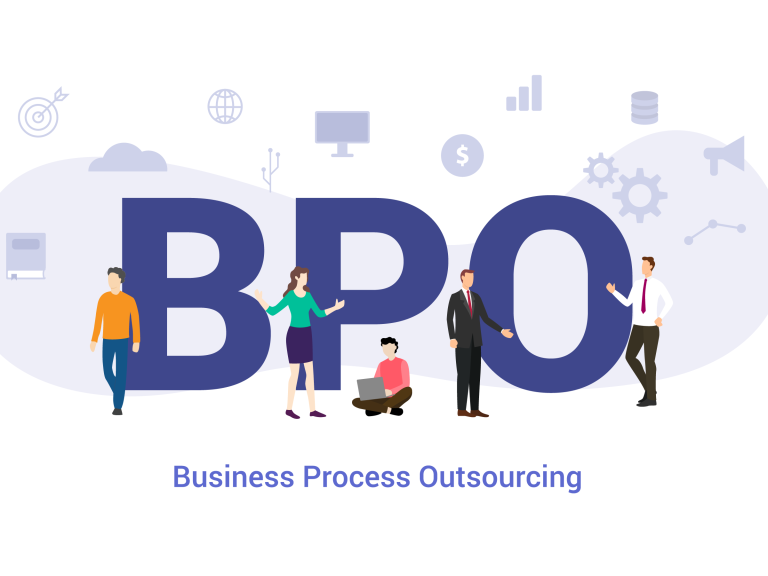BPO stands for Business Process Outsourcing. In today’s global business environment, outsourcing has become an increasingly popular strategy for companies to achieve operational efficiency and cost-effectiveness. BPO is one such outsourcing strategy that enables businesses to outsource non-core business functions to third-party service providers.
In this article, we will delve deeper into the full form of BPO, its benefits, and how it works.
What is BPO?
BPO is a business practice where a company outsources specific non-core business functions to a third-party service provider. These non-core functions may include customer service, human resources, accounting, payroll processing, and other administrative tasks. By outsourcing these non-core business functions, companies can focus on their core competencies and improve their overall business performance.
BPO is typically divided into two categories: front-office outsourcing and back-office outsourcing. Front-office outsourcing involves outsourcing customer-facing functions like customer service, technical support, and sales. Back-office outsourcing, on the other hand, involves outsourcing internal business functions like accounting, payroll processing, and human resources.
Benefits of BPO
There are several benefits of outsourcing business processes to third-party service providers, including:
- Cost savings: BPO can significantly reduce the cost of business operations. By outsourcing non-core business functions, companies can avoid the cost of hiring and training additional staff, setting up an infrastructure for non-core functions, and other related expenses.
- Focus on core competencies: BPO allows companies to focus on their core competencies and business objectives, which can help them improve their overall business performance.
- Access to specialized skills: BPO service providers typically have specialized skills and expertise in specific areas of business operations. By outsourcing to these service providers, companies can access this expertise without having to invest in training their staff.
- Improved flexibility: BPO service providers can offer flexible solutions that can be customized to meet the specific needs of a company. This can help companies adapt to changing business requirements and market conditions.
How BPO Works?
BPO works by outsourcing non-core business functions to third-party service providers who have the necessary expertise and infrastructure to manage these functions. The service provider typically signs a service level agreement (SLA) with the company, which outlines the specific services to be provided, the quality standards to be met, and the timelines for delivery.
The service provider then sets up the necessary infrastructure and resources to manage the outsourced functions. This may involve hiring additional staff, setting up a call center, developing software applications, or other related tasks.
Once the infrastructure is in place, the service provider begins providing the agreed-upon services to the company. The service provider typically provides regular reports on the performance of the outsourced functions, which enables the company to track progress and ensure that the SLA is being met.
Conclusion
BPO is a popular outsourcing strategy that enables companies to improve their business performance by outsourcing non-core business functions to third-party service providers. By outsourcing these functions, companies can save costs, focus on their core competencies, access specialized skills, and improve flexibility. The full form of BPO is Business Process Outsourcing, and it has become an integral part of the modern business environment.

